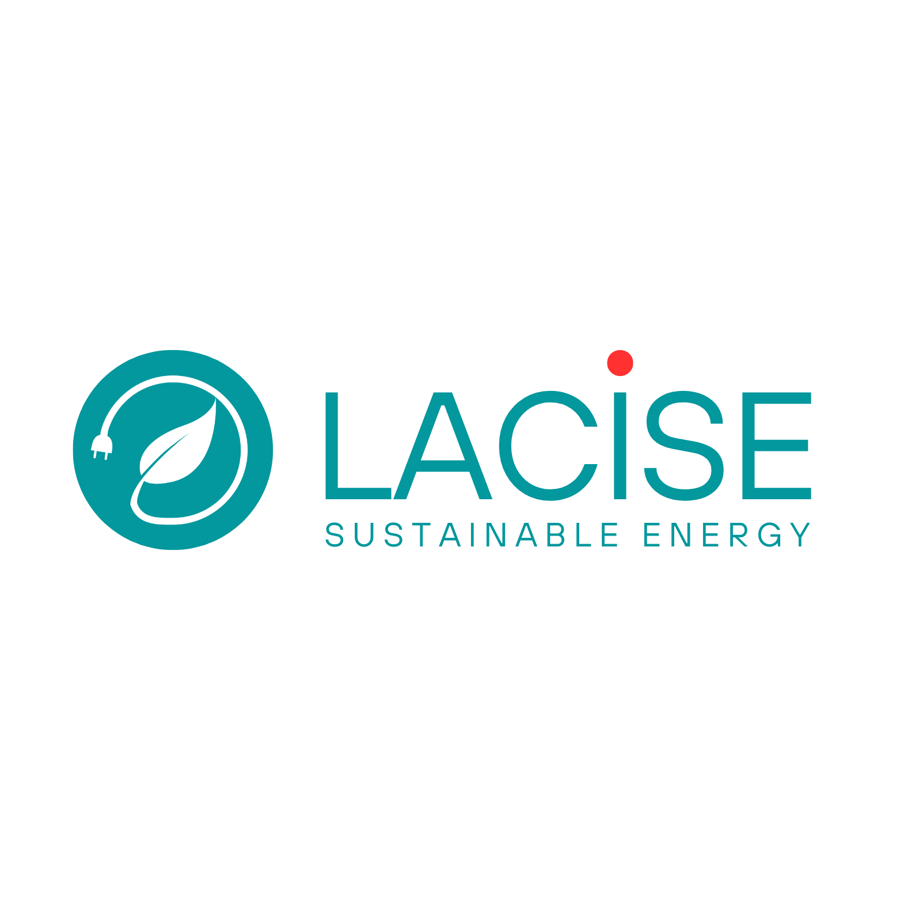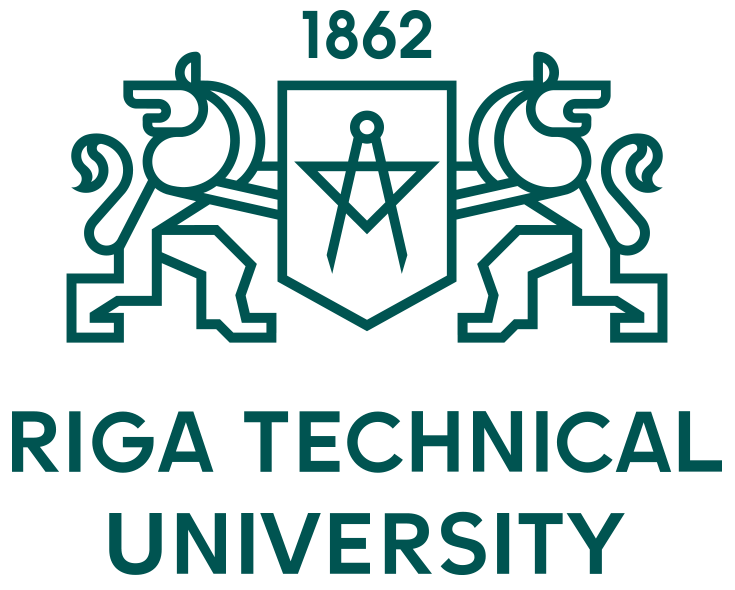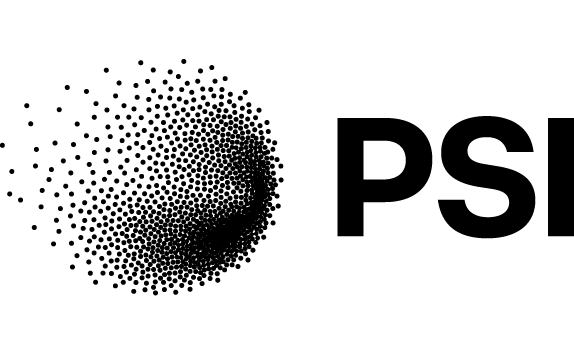Institute of solid state physics, University of Latvia (ISSP UL)
ISSP UL is an internationally recognized leader in materials science and cross-disciplinary topics, conducting competitive research, educating students and offering innovative solutions for industrial needs. With a mission to address global societal and technological challenges, ISSP UL fosters a dynamic research environment. The institute specializes in both fundamental and applied research, exploring advanced materials with tailored properties, while also developing cutting-edge technologies and applications in fields such as electronics, photonics, and biomedical engineering. Home to approximately 100 PhD-level researchers, ISSP UL emphasizes collaboration, engaging with over 100 global institutions and industry partners to drive forward-thinking projects and cultivate future leaders in science. Its state-of-the-art facilities, including a modern 10,000 m² laboratory space and an ISO class cleanroom, provide the ideal backdrop for groundbreaking experiments and educational opportunities, solidifying the institute's reputation for excellence and innovation.
Institute of electronics and computer science (EDI)
Established in 1960 as part of the Latvian Academy of Sciences, the Institute of Electronics and Computer Science (EDI) is a prominent state research institute dedicated to both fundamental and applied research aligned with Latvia's Smart Specialization Strategy (RIS3), particularly in Information and Communication Technologies and Intelligent Materials. EDI focuses on advancing life sciences, public health, and economic sustainability through innovative technologies, including Smart Embedded Cooperative systems, robotics, and IoT solutions. With a mission to enhance Latvia's knowledge-based economy, EDI aims to produce high-value products and bolster the competitiveness of the ICT sector on both national and global scales. Recognized for excellence in international evaluations, EDI employs over 80 scientific personnel, including leading researchers, and strives to establish itself as a leading center for electronics and computer sciences in Europe.
Riga technical university (RTU)
RTU is a modern, internationally renowned and prestigious multidisciplinary technical university, the only one of its kind in Latvia. RTU offers a comprehensive education in high technology and engineering, as well as in social sciences and humanities. RTU is based on science, innovation and cooperation with industry, ensuring the development of specialities essential for the Latvian economy and supporting the country's sustainable growth.
Paul Scherrer Institute (PSI)
The Paul Scherrer Institute (PSI) is Switzerland's largest research institute dedicated to natural sciences and engineering, employing 2,300 staff and operating with an annual budget of CHF 460 million. As a key component of the ETH Domain, PSI serves as a central hub for advanced research, focusing on future technologies, energy and climate, health innovation, and the fundamental sciences. It boasts globally unique particle accelerator-based facilities that attract approximately 3,000 guest researchers annually, fostering collaboration between academia and industry. PSI not only drives innovation by translating scientific discoveries into commercial applications and spin-offs, but it also cultivates the next generation of experts, with a significant portion of its workforce comprising postdoctoral researchers and apprentices. Additionally, PSI is home to Switzerland’s sole facility for targeted proton therapy, providing advanced cancer treatment that minimizes damage to surrounding healthy tissue.
Zurich University of Applied Sciences (ZHAW)
The ZHAW is one of the leading universities of applied sciences in Switzerland. It offers teaching, research, continuing education and other services that are both practice-oriented and science-based.
Research & development at the ZHAW focuses on key societal challenges, with a particular emphasis on energy and societal integration. With its expertise in sustainable development and digital transformation, the ZHAW imparts forward-looking knowledge and takes an active part in shaping the digital and ecological transformation. With locations in Winterthur, Zurich and Wädenswil, the ZHAW is firmly anchored in its region whilst collaborating with international partners.
Swiss Center for Electronics and Microtechnology (CSEM)
CSEM is a Swiss technology innovation center developing advanced technologies with a high societal impact, which it then transfers to industry to strengthen the economy. The non-profit orientated, public-private organization is internationally recognized and works to support the disruptive activities of companies in Switzerland and abroad. CSEM operates in the domains of precision manufacturing, digitalization, and sustainable energy. To accomplish its mission as a gateway between research and economy, CSEM's more than 600 employees from 46 countries collaborate with leading universities, scientific institutions, research institutes, and industrial partners. With its six sites in Allschwil, Alpnach, Bern, Landquart, Neuchâtel, and Zurich, CSEM is active all over Switzerland.





